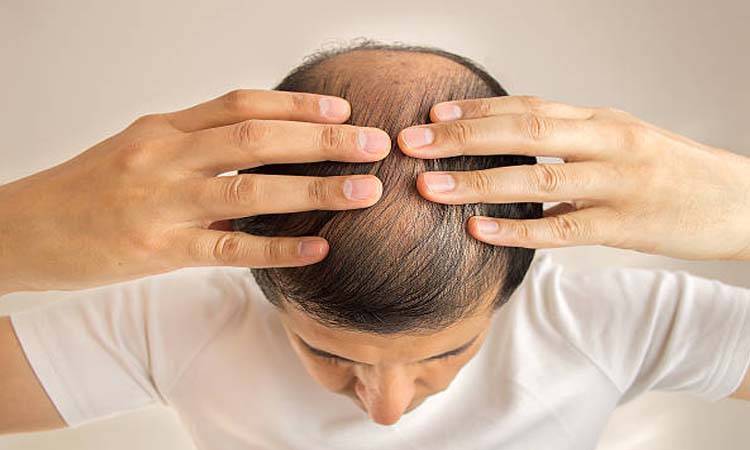
TOKYO: Researchers at the Tokyo Medical and Dental University (TMDU) have recently found that obesity could accelerate hair loss and block hair follicle regeneration.
Cardiovascular diseases, diabetes mellitus, fertility issues, and gastrointestinal problems have been commonly found in overweight individuals. In addition, obese individuals have also been at increased risk of alopecia, but the mechanism has been largely unknown.
Therefore, Hironobu Morinaga, the lead author of the research, and colleagues used mouse model experiments to examine the association between obesity and hair thinning and loss.
Hair Follicle Stem Cells (HFSCs) allow hairs to grow back by continuously renewing every hair follicle cycle. With age, HFSCs have failed to replenish themselves, thus leading to hair thinning.
The researchers thus compared the gene expression in HFSCs in high-fat diet (HFD) fed mice and standard diet-fed mice. HFSCs of HFD mice showed significant oxidative stress and signs of epidermal differentiation. These mice showed faster hair loss and smaller hair follicles with depletion of HFSCs.
Therefore, the authors concluded that HFD, which has been the most significant factor of obesity, could reduce HFSCs through the induction of inflammatory signals, block hair follicle regeneration, and ultimately result in loss of hair follicles.
Moreover, the research might open the door to future interventions to prevent and treat hair thinning, loss and obesity-related diseases.
The research 'Obesity accelerates hair thinning by stem cell-centric converging mechanisms' has recently been published in the journal Nature.


